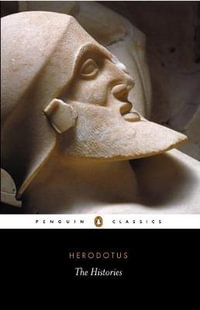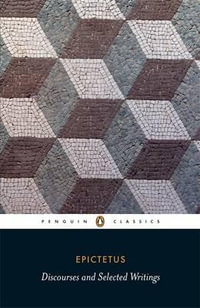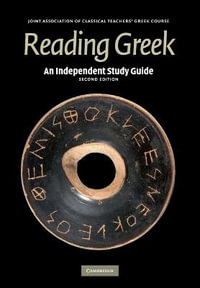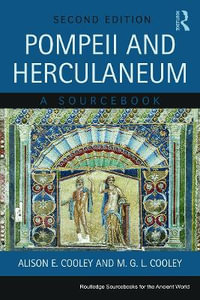'The depth of Perkins's engagements with anthropological thought in particular should make the book of some interest to scholars who do not specialize in later Middle English, especially those curious to learn more about the intersection of anthropology and literature more broadly ... Perkins juggles an impressive number of very different disciplinary and otherwise theoretical apparatuses alongside his own consistent dedication to closely parsing the texts of medieval poems and their manuscript contexts, and his book will give all readers much matter to ponder in its own vibrant life in circulation. Its polish and wide ambit show it to be the product of long reflection, and I am sure it will prove newly productive and generative in the hands of readers.'
The Medieval Review
'Perkins has written an engaging and well-informed study of the relationship between gift giving and reciprocity within Middle English romances. What sets this book apart from other scholarly endeavors on theories of the gift in medieval literature is its focus on genre and the ways in which the form of the text and the text's audience are inherently interconnected. Perkins's readings of the works that constitute the Horn legend are exemplary and add much to that tradition. Scholars of Chaucer's Troilus and Criseyde and The Franklin's Tale, Lydgate's Troy Book, and the Gawain-poet will find this volume to be indispensable.'
CHOICE
Reprinted with permission from Choice Reviews. All rights reserved. Copyright by the American Library Association
'Nicholas Perkins's book is itself a gift, in which the elusive phenomenon of the gifted object has found its ideal, answering intelligence: lucidly scrupulous; attuned as much to the book as gift as to the gift in books; and ready to draw as much on anthropology as on the material history of the book. Like all gifts, it's radiant.'
James Simpson, Donald P. and Katherine B. Loker Professor of English, Harvard University
'In this incisive study of the intricate patterns of narrative, selfhood, gifts, objects and bodies in medieval English romance, Nicholas Perkins develops the concept and practice of speculative anthropology, balancing theoretical insight with wonderful textual analysis. Perkins moves with grace and confidence between different layers of literary and social meaning, between text and manuscript context and between the constitution of objects and subjects through narrative exchange in romance texts. The gift of narrative is a wonderful exploration of the ways medieval romances circulate gifts, people, bodies and obligations that are both emotional and social.'
Stephanie Trigg, Redmond Barry Distinguished Professor of English, University of Melbourne
'In this remarkable study, the gift figures as nothing less than the founding gesture of romance and the impulse that drives these stories forward, in the process drawing readers themselves into the cycle of generosity and giving rise to responses in the form of new texts. Perkins' writing is frequently delightful. It's a daring project whose aim (in an image that recurs throughout the book) is to pry open the closed circle of self-interested exchange so a chink of refracted light can shine through, as if through a door that's been opened just a crack, illuminating new possibilities for both reading and living. Even the most cynical readers of medieval romance will want to give their time to this book, a brilliant response to Derrida's injunction that we try to 'think the gift,' and one that opens new avenues for appreciating all sorts of stories.'
Arthuriana







![Lancelot-Grail [10 Volume Set] : The Old French Arthurian Vulgate and Post-Vulgate in Translation - Norris J. Lacy](https://www.booktopia.com.au/covers/200/9780859917704/6132/lancelot-grail-10-volume-set-.jpg)
















